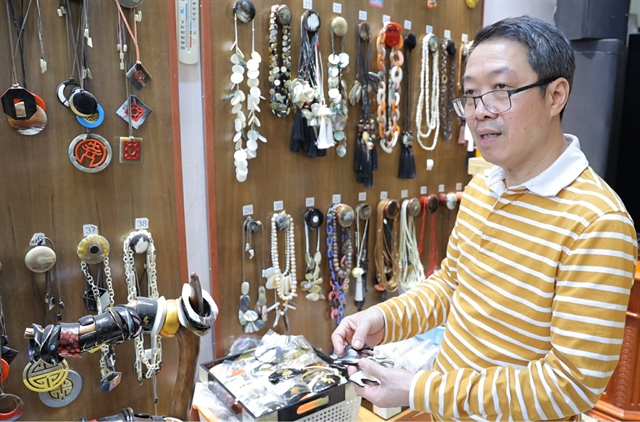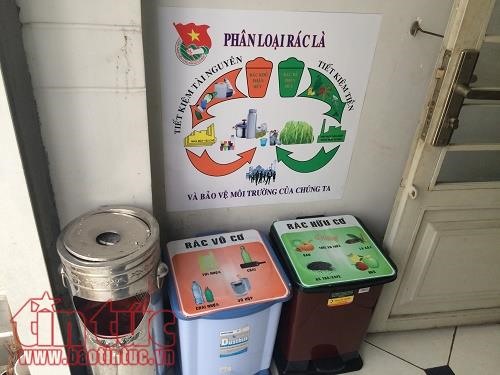 Environment
Environment

All households and commercial establishments in HCM City have to segregate their solid waste at source into organic and other wastes from today (November 24).
 |
| All solid wastes in HCM City will be classified at source beginning on November 24. – VNA/VNS Photo |
HCM CITY – All households and commercial establishments in HCM City have to segregate their solid waste at source into organic and other wastes from Saturday.
The rubbish has in fact to be classified into three types – organic, recyclable and other wastes.
Leftover food, leaves, vegetables, fruits, and animal carcasses will be organic, paper, metal, rubber, plastic, and glass will be recyclable and everything else excepting toxic stuff will be categorised as other waste.
The city does not stipulate specific colours for the bags used for the different types of wastes, but encourages the use of white or green bags for organic wastes and other colours for the rest.
The rubbish bags can be labelled.
Public rubbish bins on main streets, markets and malls, parks, amusement places, other public places, and residential areas will be labelled as organic or other wastes.
Rubbish collectors will collect organic waste on Mondays, Wednesdays, Fridays, and Sundays and the rest on Tuesdays, Thursdays and Saturdays.
The People’s Committee has ordered competent agencies to publicise the regulations on administrative fines related to environmental protection.
They include fines repeated for failure to segregate the wastes.
The city generates around 8,900 tonnes of household solid waste daily. Of that, 76 per cent is buried, 14.7 per cent is recycled and 9.3 per cent is burnt to generate electricity, according to the Department of Natural Resources and Environment.
The city plans to reduce the landfill rate to 50 per cent by 2020 and 20 per cent by 2050.
The People’s Committee has encouraged investment in collecting and treating household rubbish using environment-friendly methods.
Every year the city spends around VNĐ88 billion (US$3.77 million) to classify solid wastes at source and VNĐ1.8 trillion ($77.2 million) to treat solid wastes, according to its Department of Finance.
A pilot programme to classify solid wastes began many years ago, and is already being done in many wards and communes. – VNS